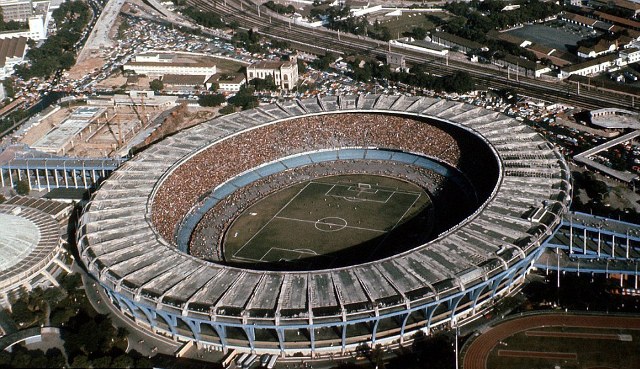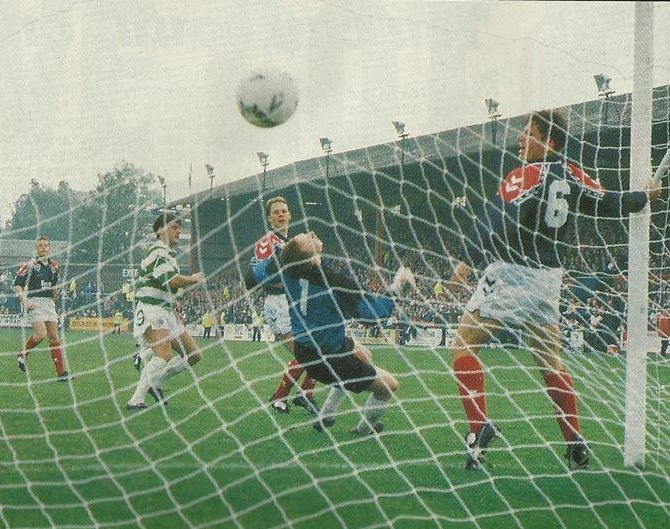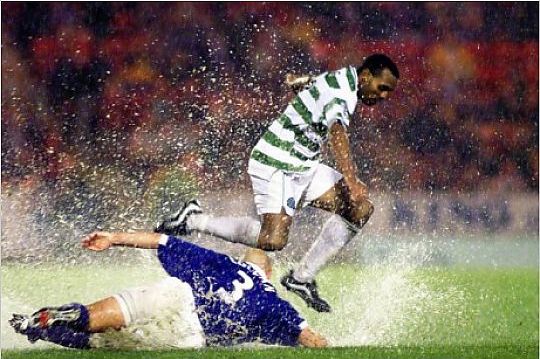Scotland’s recent announcement that they are to travel to South America at the end of the season, to play friendlies against Mexico and Peru, created some consternation within the game. To play meaningless games at the end of a long, arduous campaign for the Scottish players, does not seem to be the greatest idea and it’s worth noting that something of a precedent was set almost 50 years ago.
In 1972 Scotland were given the tremendous privilege of being in invited by the Brazilian FA to take part in the Independence cup. This was an international tournament to be held in Brazil from 11 June to 9 July 1972, to commemorate the 150th anniversary of the Brazilian declaration of independence, called the Minicopa by the Brazilians. At that time Brazil was the centre of the football universe. Although Pele had retired they still had the majority of what is regarded as the finest ever football team in Gerson, Tostao, Rivelino, Jairzinho and Clodoaldo.
The problem was obviously the timing of the tournament. Scotland’s games were to be played in late June-early July at a time when clubs would be traditionally inviting their players back for pre-season training. Tommy Docherty was Scotland’s manager and he had made great strides since taking control of the national side in 1971. The Doc was Scotland’s first real manager who had full control over team selection and results and performances had improved since his arrival. He was keen to take on the Brazilian trip to help build on the progress his team had made.
Club managers were not so keen. Jock Stein was said to be livid at the prospect of his star players travelling so far when they should be resting up. Celtic players had played a heavy 62 games schedule in a very successful season that had saw them win a league and cup double and reach a European Cup semi final. He knew his players were jaded and as usual Stein was to have his way.
The first withdrawals were Kenny Dalglish and David Hay. Dalglish was in his maiden season as a first team regular and had made a devastating impact with his performances and goals. He had tired at the end of the season and Stein made it clear he should not travel. Hay had suffered injuries at the season’s end and was required to recuperate over the summer.
Docherty then requested the services of the experienced trio of Billy McNeill, Bobby Murdoch and Jimmy Johnstone. The Celts in question had finished the season in terrific form but Stein again refused permission for them to go. All three had played in the great stadiums of the day, Hampden, Wembley, the San Siro and the Bernabeau and to play in the legendary Maracana in Rio would have been the icing on the cake in their careers. In later years all three would lament publicly that they were not given the opportunity to perform in such a great footballing arena.
Lou Macari was a different proposition. He had also made an impact for Celtic in 1971-72 and he showed he wasn’t intimidated by Stein by being single minded and insisting that he travel to Brazil. Stein relented and realised it would look good for the club if one Celtic player actually travelled but things were never the same between the two men and six months later Macari was heading south to Manchester United in an acrimonious fashion.
Things got worse for Docherty. Rangers, after winning the European Cup Winners Cup in May, insisted that their players were too drained to be considered, although Colin Stein eventually went along. At Hibs, Eddie Turnbull stated that Docherty could pick only one Easter Road player. Pat Stanton was chosen and then backed out at a late stage leaving Docherty in a rage, so much so that Stanton never played for Docherty again. Down south, Brian Clough refused to release Archie Gemmill and John O’Hare, whilst Charlie Cooke, Frank McLintock and Peter Cormack all similarly declined their invitations.
Docherty went ahead with a threadbare squad which included Morton’s George Anderson. He built his side around the experienced Anglos, Billy Bremner, Denis Law, George Graham and Willie Morgan and supplemented the team with fine youngsters who would serve Scotland for many years – Macari, Asa Hartford, Martin Buchan and Willie Donachie.
The Scots performed remarkably well. Macari scored twice in a 2-2 draw with Yugoslavia and there was a scoreless draw with Czechoslovakia. In the Maracana, in front of 130,000, they were very unfortunate to lose to a late goal by Jairzinho. Scotland’s Brazilian jaunt was viewed as an outstanding success. For the record Brazil beat Portugal 1-0 in the final.
If there’s anything to be learned from this event it’s that Brendan Rodgers should be similarly strong as Jock Stein in his opposition to Celtic players travelling. It’s ludicrous that Tierney, Brown, Forrest, Armstrong, McGregor and Griffiths fly across the world when they should be resting in preparation for the CL qualifiers in mid July.
It’s worth noting that in 1972 the season finished in early May and gave the player two full months break before pre-season training started in July. In the current climate the players are lucky to get two full weeks rest each summer. Brendan Rodgers has emulated Jock Stein in many ways. This is another thing he should learn from the great man.





